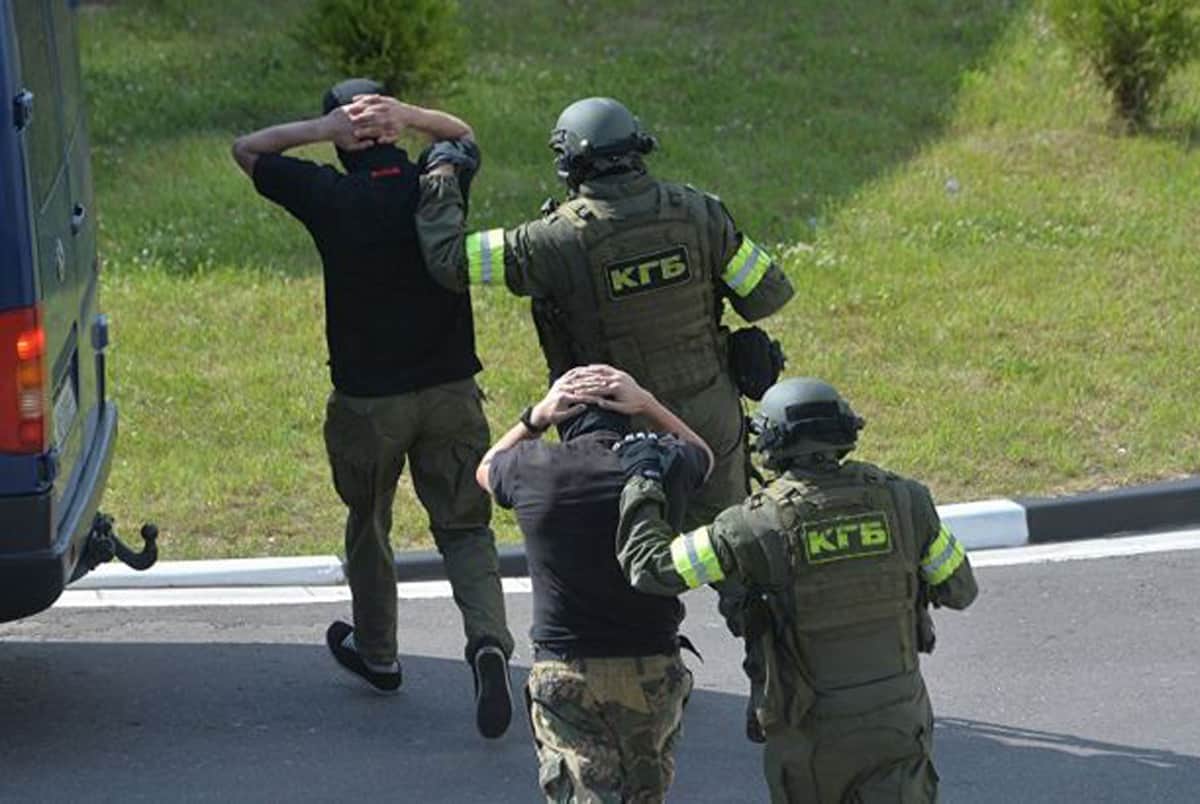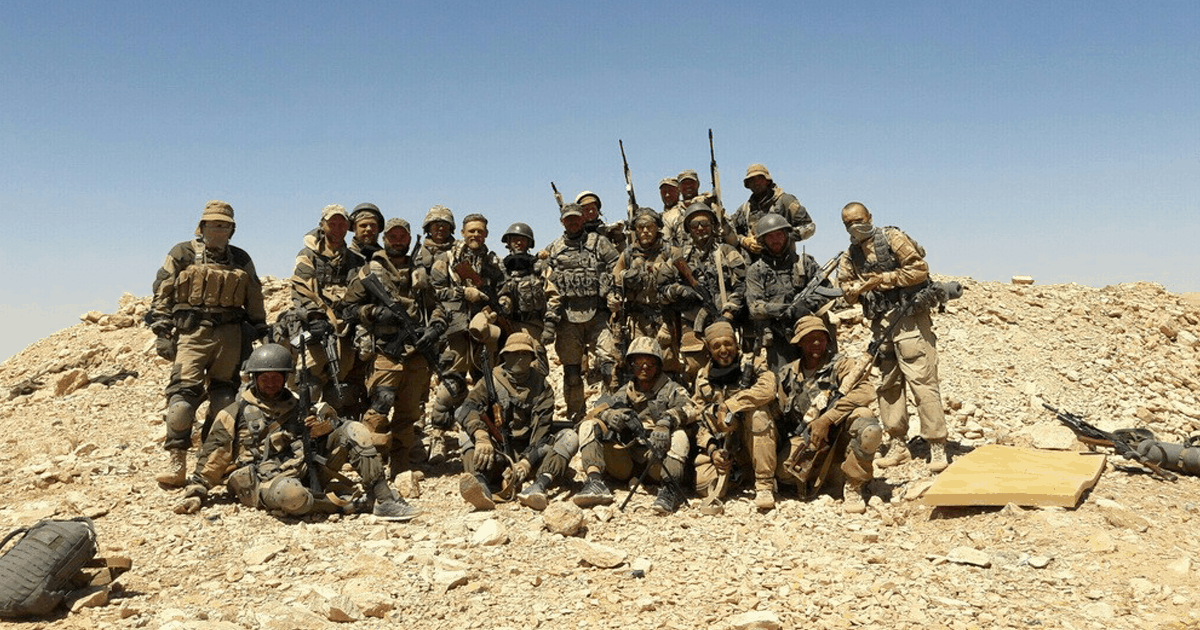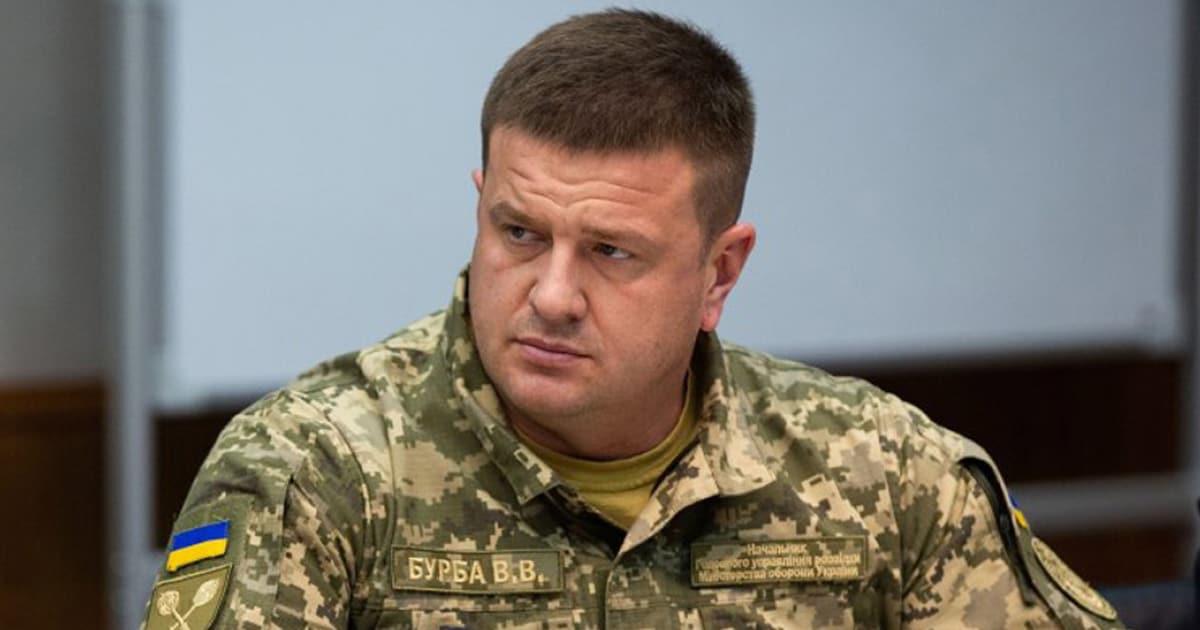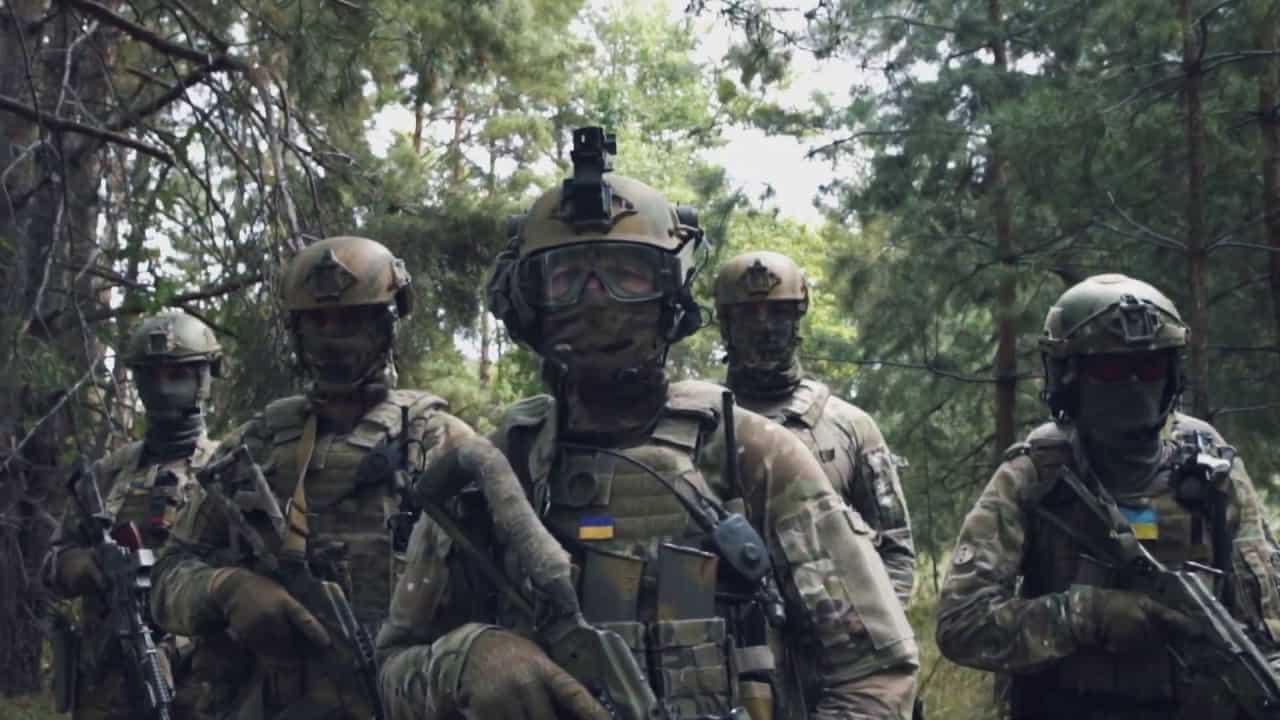
Bellingcat’s team of investigators has released the results of its investigation into the operation known as Wagnergate, reports Militarnyi.
The Bellingcat and The Insider year-long investigation found out that the operation, which in July 2020 led to the detention of 33 mercenaries in Belarus, was a complex intelligence game by the Main Intelligence Directorate of the Ministry of Defense of Ukraine with the support of the Security Service of Ukraine (SSU).
The purpose of the operation was to recruit mercenaries in a covert way. Its targets were dozens of citizens of Ukraine, Russia and Belarus who, according to Ukrainian authorities, have committed serious crimes while fighting on the side of Russian-backed illegal armed formations in the east of Ukraine.
The operation began back in 2018 as a regular gathering of intelligence and in 2019 was continued and received the code name “Avenue”.

To recruit mercenaries, Ukrainian intelligence created a “virtual” fictitious private military company (PMC) called MAR. This name coincided with the name of the PMC, which actually existed in the past, but later ceased its activities.
Later the intelligence officers began to recruit mercenaries for a trip to Syria on behalf of the MAR. The mercenaries were later told that plans were changing and they would have to work in Venezuela.
The general scheme of the operation was as follows:
The mercenaries, who were planned to be detained, had to leave Moscow for Minsk (commercial flights from Russia were not operated at that time due to coronavirus restrictions), and from there fly to Istanbul.
The 28 minutes that the plane was to spend in the airspace of Ukraine were to be decisive: it was at this time that the plane, according to the special services, was to land at Boryspil Airport.
Referring to data from a conversation with former Ukrainian military intelligence officers, Bellingcat claims that Volodymyr Zelensky was informed about the preparation of the operation on June 15, 2020 during his weekly meeting with the leadership of the Ukrainian intelligence.

Bellingcat interlocutors state that on June 26, Zelensky approved the operation and asked for a specific plan, which was prepared and approved by then-Minister of Defense of Ukraine Andriy Taran on July 1 of the same year.
Since then, President Zelensky has been regularly receiving information about preparations for Operation Avenue.
Former head of the military intelligence Vasyl Burba and former first deputy head of the SSU Ruslan Baranetsky kept informing the Ukrainian president about this issue.

The investigators state that Baranetsky and Burba arrived at the president’s office the day prior to the operation, scheduled for July 25, 2020, for the latest report on the operation.
Referring to the words of Vasyl Burba, it is reported that the president could not accept them because he was busy.
Burba told reporters that Ermak offered them to postpone the special operation for a week.
The day before, Volodymyr Zelensky agreed on the beginning of the “great truce” in Donbas – it was to begin on July 27. The capture of Wagner mercenaries in Kyiv will break the truce even before it began, – was the argument of the presidential office
Burba allegedly replied that such a delay would inevitably alarm both the Wagner mercenaries and the special services of Russia and Belarus.
Then, according to Burba, unnamed representatives of the president’s office, who met with representatives of the Ukrainian secret services, trying to make an advance, offered to postpone the operation for at least four days so that the truce in Donbas would at least formally begin.
Intelligence officials suggested that finding new tickets from Minsk to Istanbul could be difficult, “but promised to see what they could do.”
The next morning, when the Wagner mercenaries were leaving Moscow, Ukrainian intelligence managed to book 33 new tickets for July 30.
Then Vasyl Burba allegedly reported to the president’s office that everything was going according to the plan, albeit with a five-day delay.
Bellingcat report states that on the morning of July 29, 2020, all Wagner mercenaries waiting for their delayed flight to Venezuela were arrested by Belarusian law enforcement .

During the interrogations, the Belarusian security officers asked the detained Wagner mercenaries whether they knew Serhiy Tikhanovsky and Mykola Statkevich, well-known figures of the Belarusian opposition.
Belarus was convinced that they were dealing with people who came to overthrow Lukashenko’s government there.
Russia has realized that they are dealing with a special operation in Kyiv in just one week: that’s when Russian special services were able to track Ukrainian IP addresses from which they placed ads looking for people willing to work in the PMC.

The Bellingcat report does not mention the participation in the operation of any special services of third countries: the text shows that it was developed and implemented exclusively by officers of the Main Intelligence Directorate of the Ukrainian Ministry of Defense and the SSU Counterintelligence Department.
Підтримати нас можна через:
Приват: 5169 3351 0164 7408
PayPal - paypal@mil.in.ua
Стати нашим патроном за лінком ⬇
Subscribe to our newsletter
or on ours Telegram
Thank you!!
You are subscribed to our newsletter